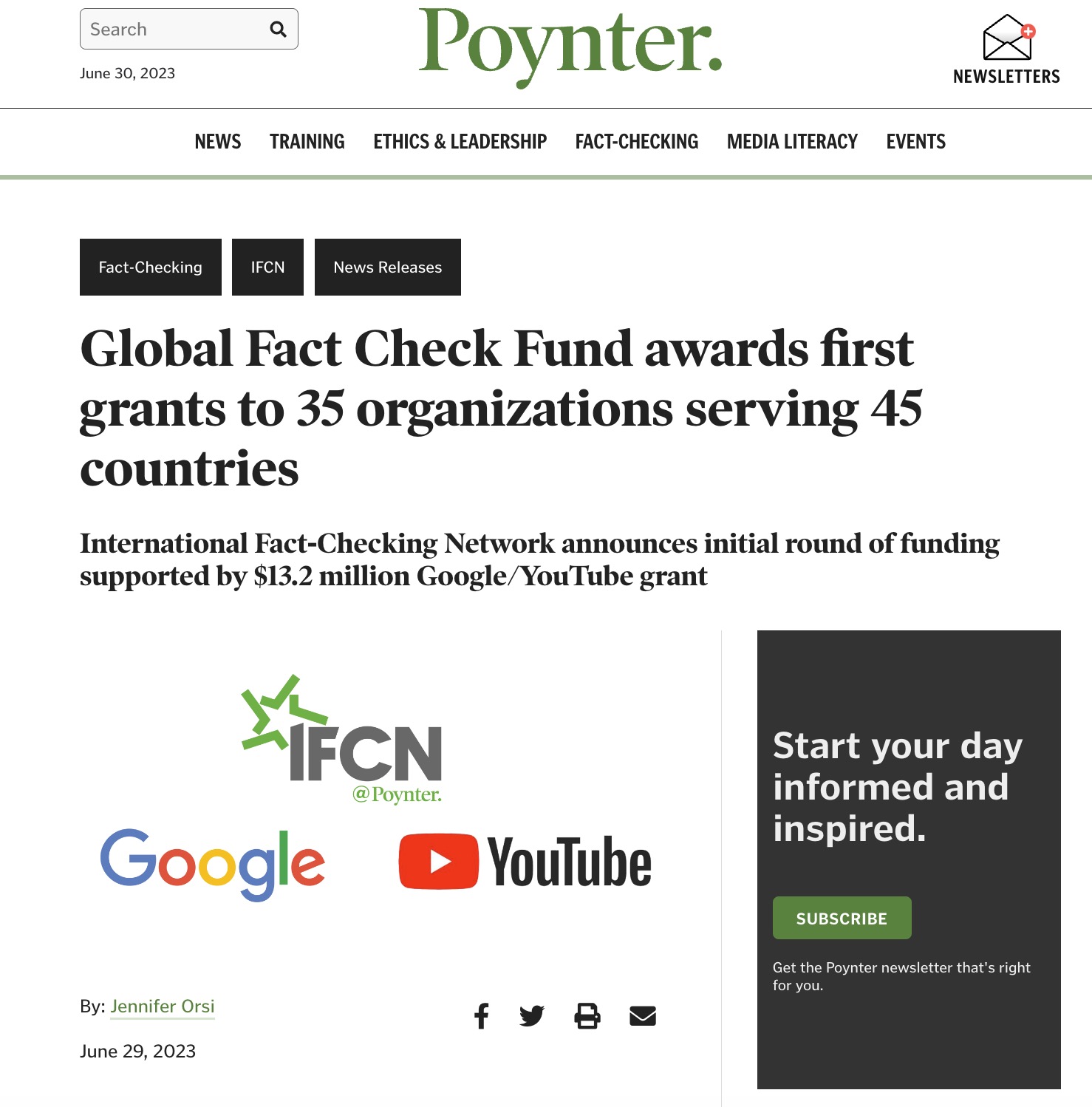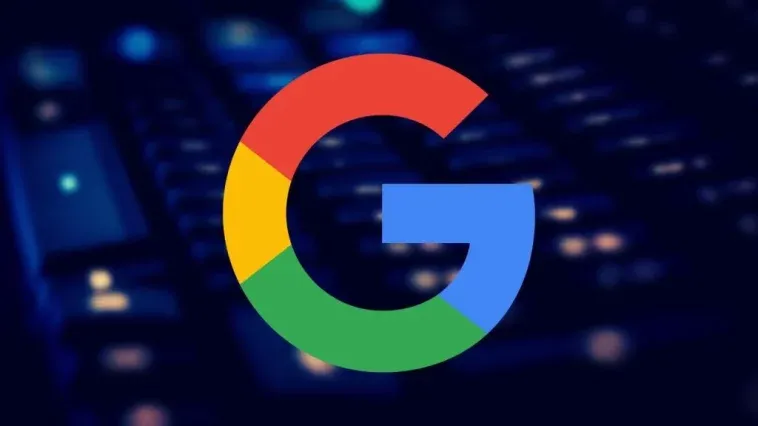(Reclaim The Net) In a world where censorship dons the cloak of fact-checking, the recent allocation of grants by the Global Fact Check Fund raises brows.
The fund, which is a joint effort of the International Fact-Checking Network (IFCN) housed at the Poynter Institute and the technology behemoth Google, along with its subsidiary YouTube, has been touted as a guardian of truth. With $875,000 in grants divided among 35 organizations across 45 countries, it aims to arm them with modern websites, manpower, and training to identify misinformation. However, the initiative comes with its own set of problematic undertones.
The broad strokes painted by the fund’s mission statement include terms such as “increasing quality, volume, frequency, scale, and impact of fact-checking abilities” – a seemingly lofty aim. The IFCN’s director, Angie Drobnic Holan, frames it as a crusade against misinformation, stating, “Misinformation is on the march in many parts of the world. This important funding will enable fact-checking organizations to become better at their work, stronger in their capabilities and wider in their reach.”

Now, one must ask: who sets the agenda? The fund, sustained by a $13.2 million donation from Google and YouTube, poses a crucial question on the independence of these fact-checkers. “YouTube doesn’t endorse or create any of the fact checks that are shown in information panels on YouTube,” Google says. While YouTube claims to use independent fact-checkers for providing panels on content, the entanglement of its purse strings with the very fact-checkers raises concerns about this so-called impartiality.






